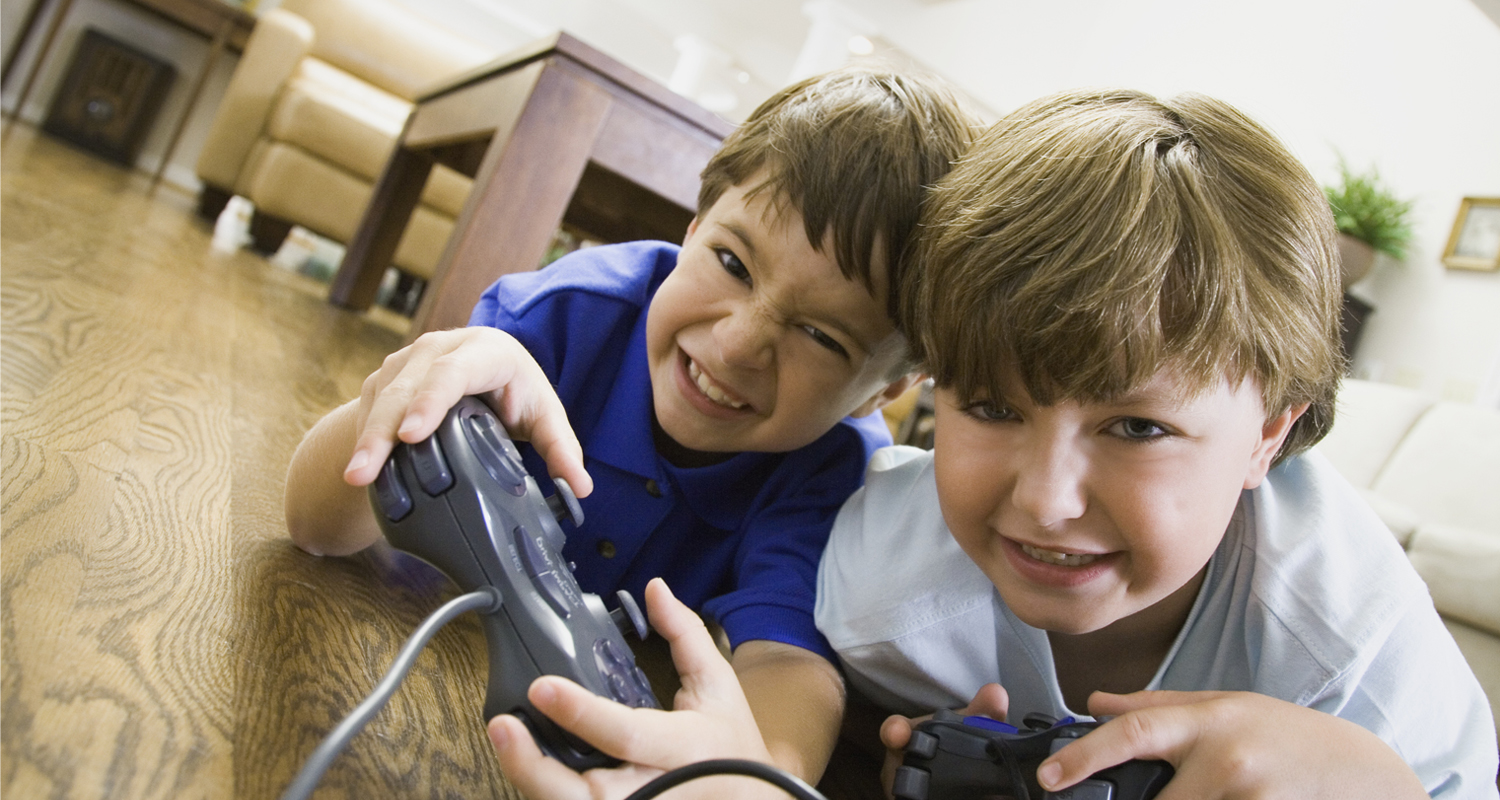Here’s why video games shouldn’t babysit your kids

Summer vacation is here, and that means its playtime for the kids. But instead of enjoying the sunshine, your kids would rather soak up some screen time.
In a world where entertainment for children is moving increasingly toward digital formats, how much indoor gaming is too much?
To answer that, we talked to Weidong Li, a professor in kinesiology at Ohio State’s College of Education and Human Ecology, who researches lifestyle interventions and their effect on youth physical activity levels.
Should parents be limiting screen time and gaming for their children?
That's a definite yes. As you know, playing video games has become the most popular pastime for children and youth. A lot of times if parents don't control how much time they are playing video games or watching TV, they could possibly spend six hours per day, maybe 10 hours. It's become a babysitter for children during summertime especially.
How much time is recommended per day?
The American Academy of Pediatrics recommends one to two hours per day for children.
How are children affected by too much indoor gaming?
Depression is associated with playing a lot of video games. When you're playing video games, you don't get much physical activity. That’s very likely to develop sedentary behavior. And if you develop obesity or are overweight, there are a lot of serious physical and emotional consequences.
There are some positives in terms of socialization and social skills because you are with your friends, but that can be also double-edged. The reason is because you only play with certain friends. You limit yourself to just one or two or three people. So your social circle is limited. You don't develop skills to make new friends.
There are some positives in terms of socialization and social skills because you are with your friends, but that can be also double-edged. The reason is because you only play with certain friends. You limit yourself to just one or two or three people. So your social circle is limited. You don't develop skills to make new friends.
You mentioned the social aspect of video games is a double-edged sword. In what ways is gaming positive?
Everything has two sides. Playing video games does have some positive sides. One is when you look at socialization. Children meet together to talk about stuff in their life, and video games are probably one of the topics they will chat about. So if kids don't play video games, they may have difficulty socializing with their peers. They maybe feel alone in that social circle.
The second one is a lot of times when you play a video game, it involves hand-eye coordination. So, in this way, it does increase your hand-eye coordination — even if we don't like it, it does.
The second one is a lot of times when you play a video game, it involves hand-eye coordination. So, in this way, it does increase your hand-eye coordination — even if we don't like it, it does.
What are some recommendations for parents who want to encourage their child to be active instead of playing video games?
Be a model. Take children out to do something, like play. There are many places you can go to enjoy nature and have a good time. This will also build your relationship with your children, and that relationship will help children succeed in school and so many aspects in their lives.
Second, parents can use reward systems to limit their children's game time. Research has shown that this is very effective in changing child behaviors. One system is good behavior points — you sign a contract with your child, and if your child only plays one hour per day, they will earn five points. Otherwise, they will not earn any points.
By the end of each week, if your child can earn 30 points, you can give them rewards. Say, "We're going to go out to watch a movie." Or maybe buy a small gift that the child wants. By the end of two weeks, you can buy a larger gift.
Second, parents can use reward systems to limit their children's game time. Research has shown that this is very effective in changing child behaviors. One system is good behavior points — you sign a contract with your child, and if your child only plays one hour per day, they will earn five points. Otherwise, they will not earn any points.
By the end of each week, if your child can earn 30 points, you can give them rewards. Say, "We're going to go out to watch a movie." Or maybe buy a small gift that the child wants. By the end of two weeks, you can buy a larger gift.